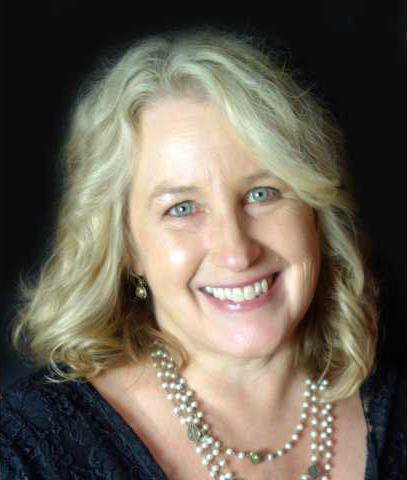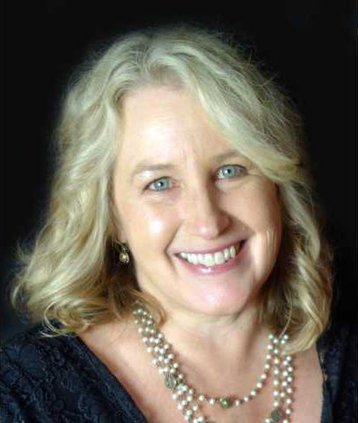Since Gov. Sam Brownback announced his solution to the state’s budget problem, which includes significant cuts in KanCare, the state’s Medicaid program, there has been a flurry of articles with inaccurate or incomplete information, and as a physician with firsthand knowledge of the consequences we’re facing, I want to set the record straight.
First, physician practices that accept KanCare will receive a 4 percent cut in payments for KanCare patients beginning July 2. That may seem small, but KanCare already pays below the cost of providing care, so additional cuts will result in a loss many Kansas physician practices cannot afford. Frankly, the talk of Medicaid reimbursement cuts is causing many physicians in Kansas to question the sustainability of their practices under these conditions.
The Governor’s proposed cuts to KanCare will seriously jeopardize access to care. This 4 percent reduction affects every hospital, physician, dentist and pharmacist in the state of Kansas who cares for KanCare patients. As physicians we work diligently to improve quality, but there is a breaking point at which the ‘do more with less’ mantra no longer works. Brownback’s latest “solution” is pushing more and more providers to that breaking point.
Physician practices will not be the only ones to suffer. Hospitals that employ physicians and provide long-term care programs — beacons of hope for the sickest among us — also will suffer significant losses from the Administration’s plans to slash KanCare reimbursement rates. We as Kansans cannot afford to be penny wise and pound foolish by taking resources away from hospitals and health care providers. Spending less to care for the most vulnerable will not save money for Kansas in the long run, as those who go without care will grow sicker and sicker, and then cost more to treat in the future.
Brownback indicated hospitals in “rural, densely settled rural, frontier areas” and Critical Access Hospitals are exempt, which is misleading. Independent physicians and providers in rural communities are not exempt, and furthermore, rural hospitals might be spared the 4 percent cut, but they will still see reductions in provider assessment program payments — cuts that amount to a 12 percent decrease. These cuts will have a very real, very negative impact on rural hospitals, many of which are already struggling to keep their doors open.
Kansas physicians and hospitals live up to our commitments to care for our communities, and yet the Governor’s administration is not living up to its KanCare commitments. When it privatized Medicaid in 2013 to create KanCare, the Administration assured us privatization route would protect against payment reductions. Then, upon announcing last week’s cuts, Budget Director Shawn Sullivan stated that promise was only good for three years, and therefore, it expires this year.
On top of this broken promise from the Administration, the proposed Medicaid cuts will only modestly affect KanCare insurance companies. While hospitals and health-care providers are forced to operate at losses that keep worsening, KanCare insurers face only a profit loss. Being forced to operate at a lower profit margin is not the same as operating at a loss, and the disparity between how these cuts will affect health care providers versus health care insurers is highly unjust.
Diane Steere, MD, is president of the Kansas Academy of Family Physicians (www.kafponlinel.org).




